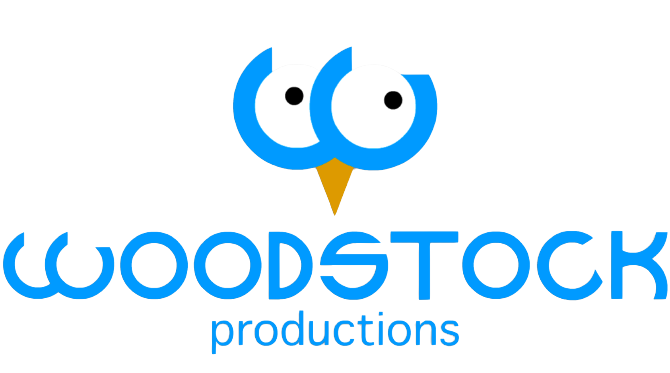Choosing the Right Game Publisher: A Guide for Game Developers
In the ever-evolving world of game development, crafting a compelling game is only the first step. Getting your creation into the hands of gamers around the world is equally critical. This is where game publishers come into play. Game publishers can be invaluable partners for developers, offering marketing, distribution, and financial support to bring a game to market successfully. However, not all publishers are created equal, and it's crucial for game developers to select the right one for their project. In this article, we will explore key factors to consider when choosing the ideal game publisher for marketing your games.
Understand Your Game's Needs
Before you start exploring potential publishers, it's essential to understand your game's unique needs. Consider your budget, the scale of your project, and the specific type of support you require, such as marketing, financing, or distribution assistance.
Research the Publisher's Portfolio
A crucial aspect of choosing the right game publisher is to research their portfolio. Examine the games they have previously published, especially those in a similar genre or style to yours. Analyze how well these games have performed in terms of sales and critical reception. A publisher with a strong track record in your game's genre is more likely to have the expertise to market it effectively.
Evaluate Marketing Expertise
Marketing is a key component of a successful game launch. Inquire about the publisher's marketing capabilities. What strategies and channels do they use to promote their games? Do they have a dedicated marketing team with experience in online and offline promotion, social media, influencers, and public relations?
Understand the Publisher's Target Audience
Different publishers cater to different audiences. It's essential to ensure that the publisher's established audience aligns with your game's target demographic. A publisher with a strong following among your game's potential players can significantly boost your game's chances of success.
Assess Distribution Channels
Distribution is a vital aspect of game marketing. Evaluate the publisher's distribution capabilities, including their relationships with major gaming platforms and storefronts. A publisher with a strong distribution network can help ensure your game reaches a wider audience.
Negotiate Favorable Terms
When in discussions with a publisher, pay close attention to the terms of your agreement. Factors to consider include revenue sharing, creative control, marketing budget, and any exclusivity agreements. The terms should be fair and mutually beneficial for both parties.
Seek Recommendations and References
Don't hesitate to ask the publisher for references from other developers they've worked with. Hearing about their experiences can provide valuable insights into the publisher's reliability, professionalism, and effectiveness in marketing games.
Cultural Alignment
Consider the corporate culture and values of the publisher. A successful partnership is built on mutual trust and understanding. Choose a publisher that shares your vision for the game and is genuinely enthusiastic about its potential.
Game Development Stage
The stage of development your game is in can also influence your choice of publisher. Some publishers specialize in funding and marketing games in the early stages, while others focus on games that are closer to completion. Ensure the publisher aligns with your game's current development phase.
Review the Contract Thoroughly
Before finalizing any agreement, carefully review the contract terms. Ensure that all details, including marketing plans, deadlines, and financial arrangements, are explicitly stated. If you have any concerns or questions, consider seeking legal advice to protect your interests.


